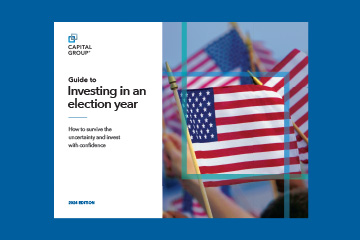This is the biggest election year in world history. Seventy-six countries — home to roughly 4.4 billion people — will hold political contests in 2024. You might call it an “election palooza.”
Some have already taken place. Last month, Taiwan elected a pro-independence candidate who may aggravate already tense relations with China. A few elections are on the way, but largely decided. For instance, no one expects Russian President Vladimir Putin to face a serious challenge on March 17.
Then there is the event the entire world will be watching: U.S. elections on November 5, when the President and Vice President, 34 Senate seats and all 435 members of the House of Representatives will be up for election. Numerous state and local offices, as well as many important ballot measures, will be contested on that day as well.




